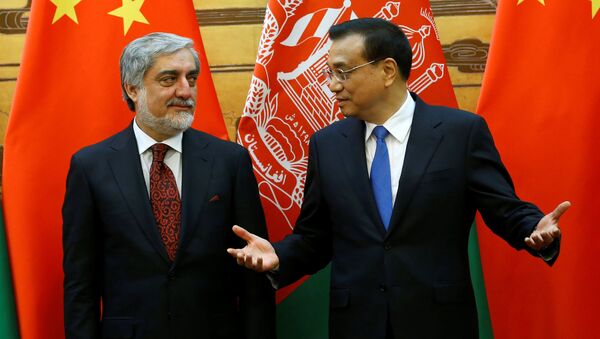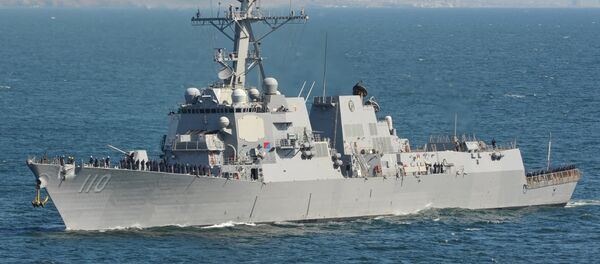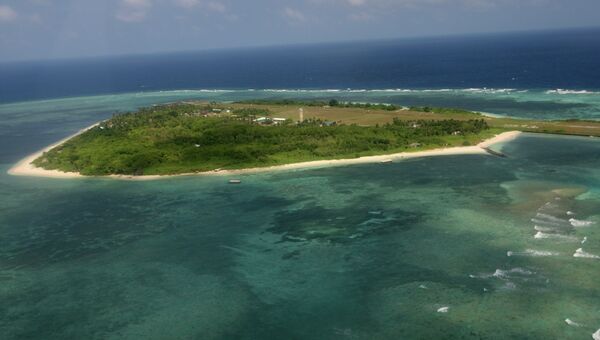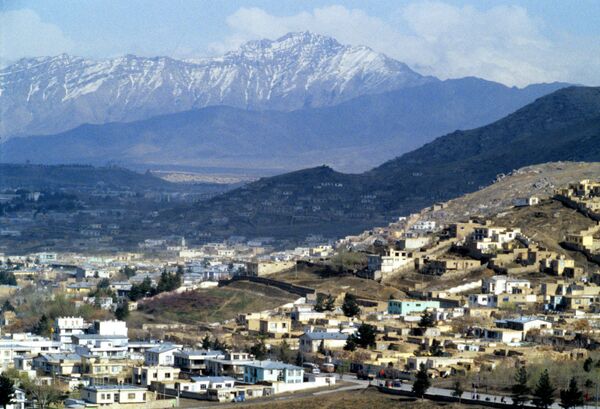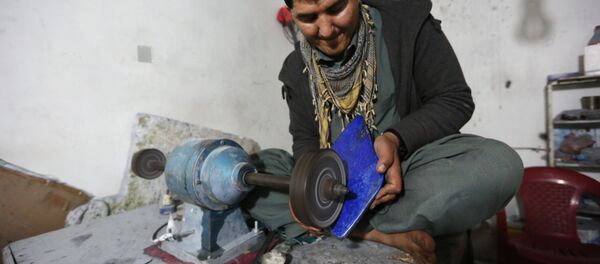"Our Afghan counterparts expressed their gratitude for China's long-term support over the years, and also said they support China's position on the South China Sea issue and support China's efforts to resolve the South China Sea issue through bilateral channels and through peaceful means such as negotiation and consultation," a Foreign Ministry spokesman said following talks between Abdullah and Chinese Premier Li Keqiang, AP reported.
Afghanistan's declaration of support for China's position follows the meeting of the China-Arab States Cooperation Forum in Doha on May 12, where more than 20 Middle Eastern countries adopted the Doha Declaration, emphasizing that these Arab states support China's efforts to resolve the dispute via bilateral negotiations and "relevant regional consensus," China's Foreign Ministry reported.
The ministers also signed a Memorandum of Understanding on the One Belt, One Road initiative, which aims to construct a network of infrastructure partnerships across the energy, telecommunications, logistics, law, IT, and transportation sectors, reshaping the political and economic landscapes of Eurasia.
Zhu Feng of Peking University's School of International Studies told Sputnik that Afghanistan has a key role in China's project, and that Kabul's involvement will strengthen its own efforts to improve infrastructure and bring order to the whole country.
"The internal order in the country has not yet been completely reestablished, and political turmoil and security issues can threaten the infrastructure construction. These problems are interrelated; if the situation in the Afghan economy does not improve, then political stability will also be difficult to achieve."
"Afghanistan has boldly demonstrated its position, hoping on the participation and strengthening of China's role in establishing order and reviving its economy."
"That's why bringing Afghanistan into the One Belt, One Road project at this time is not only a question of how our countries will cooperate in infrastructure construction, but of the role that China plays in the rebuilding of Afghanistan."
Natalya Zamaraeva of the Russian Academy of Sciences' Institute of Oriental Studies told Sputnik that Kabul looks to Beijing as a guarantor of stability in the region, and that the agreements signed in Beijing should be seen in the context of the Quadrilateral Coordination Group.
"The negotiating process with armed opposition groups in Afghanistan has hit a dead end. In spring 2016 militants carried out attacks in the central provinces, including Kabul. We have seen a series of awful terrorist attacks."
"Of course, Abdullah Abdullah has high hopes not only for financial help from Beijing, but also regards China as one of the potential guarantors, namely external guarantors of resolving the situation in Afghanistan," Zamaraeva said.
"Kabul is concerned with coming to an agreement with the armed forces of the Taliban, and Beijing's experience as a negotiator from this point of view is really vital."

